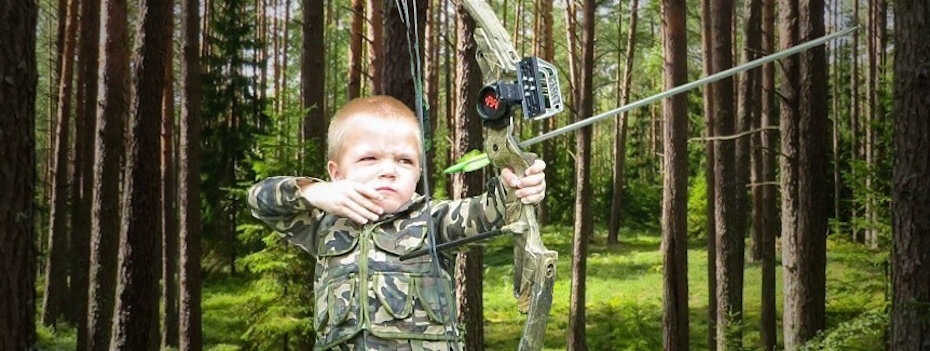The Secret to Being Really Good at Doing Anything: "BASICS"
Article by: AP @Tradecraft USA

When it comes to skill performance—it doesn't matter who you are, where you are, or what you're trying to accomplish; the secret to being successful is the application of the basics. Written as a formula, this concept can be expressed as: Performance = Objective x Basics. It is relevant to any subject or skill.
Here's a brief overview of what basics are and why it's so important to adhere to them:
What are basics?
Basics are sets of facts and principles that build upon one another to CAUSE specific effects, outcomes, or results.
Why are basics important?
Every skill is composed of a set of basics that make it work. When the basics of a skill are present and applied, the effect that they produce must ensue. Conversely, if a basic is neglected or removed, the effect is extinguished, and the quality of the results becomes wildly variable – and generally poor.
In addition to producing a desired outcome, basics significantly enhance the adaptability and durability of skill performance because they are:
- Consistent from one operation to the next
- Not influenced by variables
- Relevant to any situation
- Applied without exceptions
What is an example of basics?
Fire is a great example of basics because most people have at least some experience with it, and it illustrates the concept of cause and effect in a very easy-to-understand way. Concisely, it can be explained like this: Regardless of the situation, environmental conditions, or ignition method that is used to start a fire, combustion is only possible when three basic principles are present and applied:
- HEAT: The energy source that raises a material to its ignition temperature.
- FUEL: Any combustible material that can burn, such as wood, leaves, or paper.
- OXYGEN: The oxidizing agent, usually from the air, that supports the combustion process.
When all three elements are present and applied, combustion must occur. Remove any one of them, and the flame goes out. The method or tool used to start the fire is secondary; what matters is applying the basic principles that cause combustion. The same holds true for any type of performance—every skill rests on a set of basics, and the better you understand and apply them, the more consistently you will be able to produce the intended result.
How do I identify the basics of a skill?
The best way to learn basics is to be taught by someone who has mastered the intricacies of the skill you want to acquire. If you don’t have access to training, here are some steps you can take to try to identify basics on your own:
- Understand the End Goal: Know the objective of the skill and be able to clearly define the specific effect or outcome you want to create.
- Break Down the Skill: Divide the skill into smaller parts that are necessary to achieve success – think in broad terms – attempt to answer the questions ‘WHY’ does the effect happen and ‘WHAT’ causes it to occur.
- Test Performance: Once you have compiled a list of possible basics, eliminate one element at a time and check for performance. If something can be removed from the execution phase and the skill still works, it is NOT a basic.
In Conclusion
When you master the basics of a skill, you gain the ability to see the bigger picture and link the 'WHY' behind a desired outcome with the 'WHAT' that triggers it. This deep understanding enables you to:
- Adapt to New Situations: The basics of a skill are relevant to any scenario and can be applied to unfamiliar circumstances and conditions, making you more versatile and resourceful.
- Troubleshoot Effectively: When problems arise, you can identify the root cause and find solutions that lead to more effective and efficient outcomes.
- Evaluate Options: Knowing the basics of a skill enables you to analyze and determine whether equipment, advice, or techniques are suitable for your needs.
- Innovate Techniques: With a solid grasp of the basics, you can think creatively and develop new methods or improvements.
- Build Competence: Knowing the basics of a skill enhances consistency and proficiency.
When it comes to effective performance, there is no substitute for the application of the basics. If you want to be really good at doing anything, keep things simple and get really good at doing the basics that CAUSE the desired result.
**Note – If you would like to be notified when the next article is published, type "NOTIFY ME" in the subject line and email us at admin@tradecraftusa.com**




